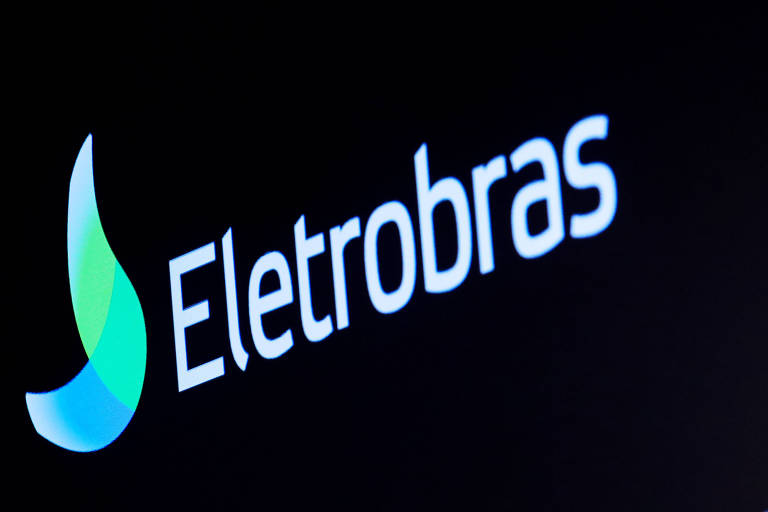/i.s3.glbimg.com/v1/AUTH_37554604729d4b2f9f3eb9ad8a691345/internal_photos/bs/2022/a/y/heGokcTPWxZfJ8MR1pNw/19bra-100-eletro-a4-img01.jpg)
Aroldo Cedraz — Foto: Fabio Rodrigues Pozzebom/Agência Brasil
After almost five hours of speeches, the Federal Court of Accounts (TCU) passed in a floor vote Wednesday the government project for the privatization of state-run power utility Eletrobras. The majority of the TCU members followed the opinion of the rapporteur, Aroldo Cedraz, defeating TCU member Vital do Rêgo, who suggested several adjustments in the process. TCU is a public spending watchdog not related with Brazil’s Judiciary system.
The decision ends a process started in 2018, still in the Temer administration. If completed, it will be the first privatization of the Bolsonaro administration.
With the green light from the auditing agency, the government wants to file next week the operation to increase the company’s capital at the Securities and Exchange Commission of Brazil (CVM) and the U.S. Securities and Exchange Commission (SEC).
In parallel, the syndicate of banks responsible for the operation — led by BTG — will make a road show with local and foreign investors. Some financial centers, such as New York and London, will certainly be on the institution’s route.
The government will also launch, through Caixa Econômica Federal, a platform in the Workers’ Severance Fund (FGTS) application through which workers can opt to invest part of their funds to buy Eletrobras shares. The government plans to use up to R$6 billion from the fund.
Next, there will be the so-called book building: the collection of investors’ indication of interest in acquiring the stocks. The demand will determine the final price of the shares, when the settlement will finally take place. It is expected to take place by the end of June.
After the operation, the federal government’s stake in Eletrobras’s voting capital will be reduced to 45% from 72%. The control will then be held by individual shareholders, in a model known as corporation, in which there is no major shareholder.
TCU’s approval was announced after the presentation of a reviewing vote by Mr. do Rêgo. He pointed out at least six alleged illegalities in the privatization process, among them a possible involuntary privatization of Eletronuclear, a subsidiary that should remain under control of the federal government.
This would happen because Eletronuclear owes R$2.7 billion to Eletrobras, referring to dividends withheld since 2010. In addition to pointing out the absence of this debt in Eletrobras financial statements, Mr. do Rêgo said that the form of payment could transfer to individual shareholders the largest share of Eletronuclear.
Under the design presented by the government, at the end of the privatization, the federal government would have 64% of the voting capital of Eletronuclear, with the new Eletrobras holding the remaining 36%. The private-sector partners would also hold 99% of Eletronuclear’s preferred shares, without voting rights.
However, the debt between the two companies could change this correlation. According to current legislation, preferred shares become entitled to voting rights if dividends have not been duly paid.
In this scenario, considering the R$2.7 billion debt, the private-sector partners would have a majority in Eletronuclear’s voting capital, which in practice mean that it would be privatized. “Brazilian nuclear policy is going to be privatized. Not even the most democratic country in the world has abdicated its nuclear policy,” Mr. do Rêgo said.
He also presented problems in the Eletrobras contingency policy. The company set aside R$9 billion for potential legal expenses only in last year’s third-quarter earnings report, which raised the total amount of provisions to R$26 billion.
According to Mr. do Rêgo, depending on the outcome of the lawsuits that motivated the contingencies, the federal government could be harmed. This is because an eventual victory of the state-run company in the courts would transform the provisions into profit and, consequently, in dividends for individual shareholders, who will have a larger share.
He also pointed out flaws in hydroelectric dam Itaipu’s pricing and classified the privatization as “outrageous” and “a sweetheart deal.” “Itaipu is being almost given away. There is a plot behind all of this,” Mr. do Rêgo said.
The arguments were not enough to change the course of the trial and the privatization was authorized by seven votes in favor and only one against. The head of TCU, Ana Arraes, was the only one to show support for Mr. do Rêgo’s thesis. Even so, she did not vote, since this only happens when a tie-breaker is needed.
The other members defended the legality of the process and recalled that the market would correct any distortion presented by Mr. do Rêgo’s vote.
“Within the defeat of the thesis, we had a clear victory. The illegalities pointed out by me remain, in my opinion, unclear. During the debates, it was said that the market could adjust the directions of privatization. But it is not the constitutional duty of the market to correct the illegalities identified,” said the defeated TCU member. He believes that the case will eventually go to the courts.
Source: Valor International

/i.s3.glbimg.com/v1/AUTH_37554604729d4b2f9f3eb9ad8a691345/internal_photos/bs/2022/o/G/7EO4vtRH60EmcKHGCbWQ/20bra-100-tcu-a3-img01.jpg)
